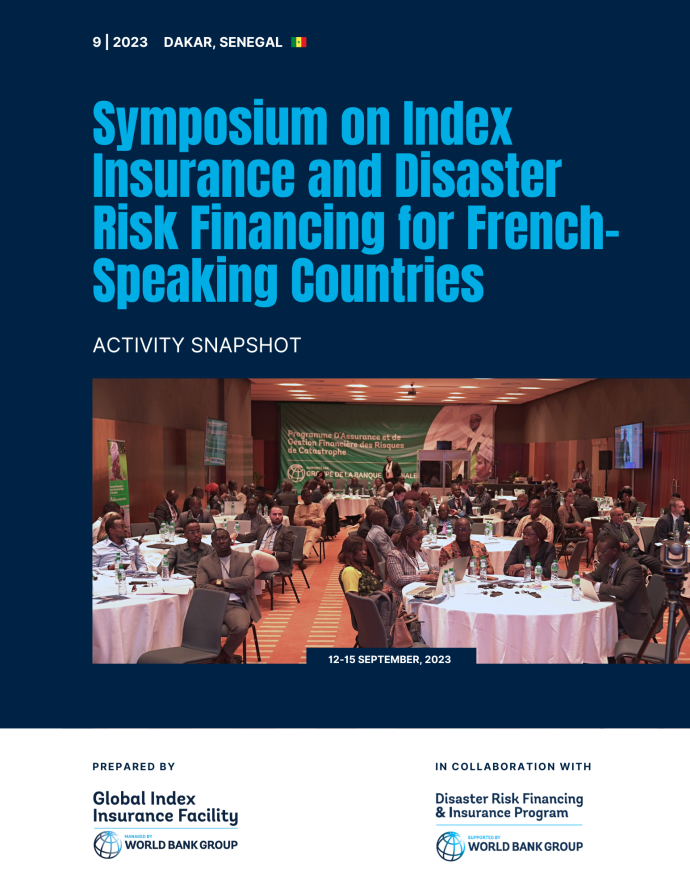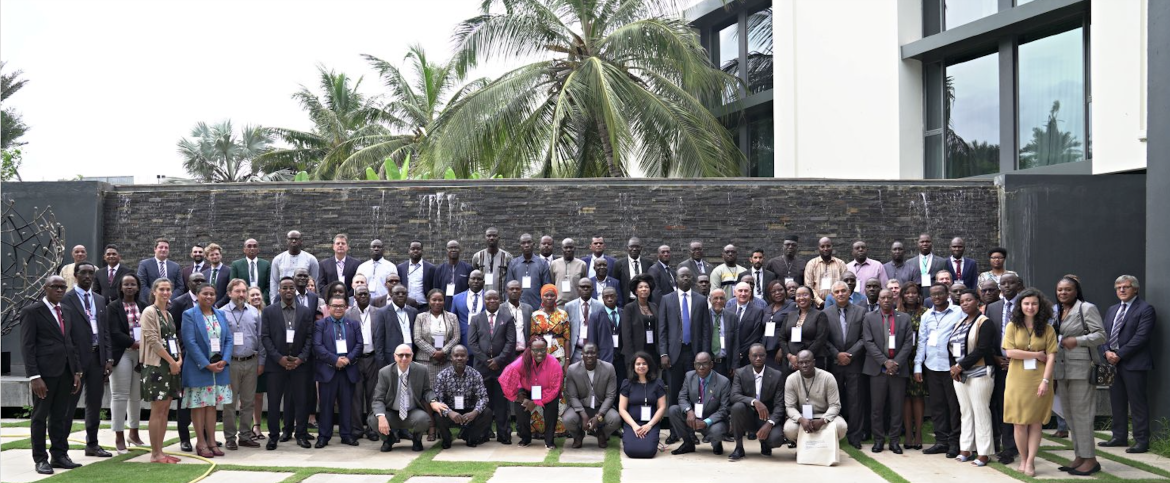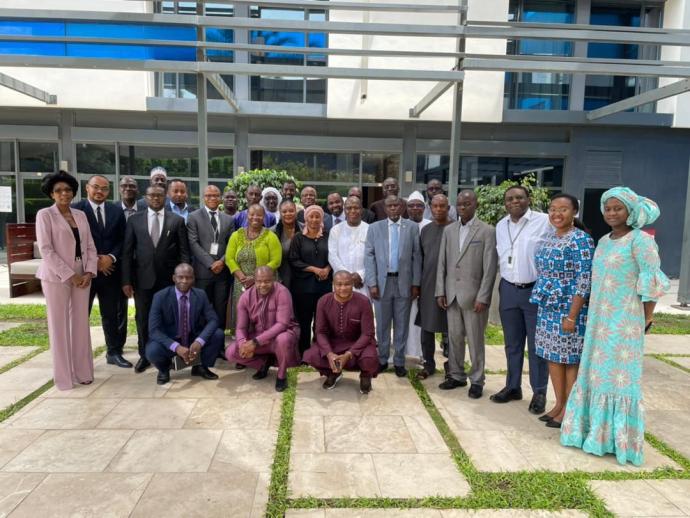The symposium emphasized the development of accurate index designs, the importance of partnerships between governments and the private sector, and the role of financial institutions in distributing index insurance products to farmers. It showcased successful collaborations, such as the National Agricultural Insurance Company of Senegal, which made index insurance accessible to small-scale farmers. The event concluded with a call to action for governments, insurers, financial institutions, and development organizations to work together in expanding the reach of index-based agricultural
Senegal
We invite you to delve into the insightful symposium on index insurance and disaster risk financing for French-speaking countries, which took place in Dakar, Senegal. This event brought together over 120 participants from 15+ African nations, including experts, representatives, and stakeholders, to discuss innovative financial solutions for enhancing farmers' resilience to climate-related risks. The symposium emphasized the development of accurate index designs, the importance of partnerships between governments and the private sector, and the role of financial institutions in distributing

We invite you to delve into the insightful symposium on index insurance and disaster risk financing for French-speaking countries, which took place in Dakar, Senegal. This event brought together over 120 participants from 15+ African nations, including experts, representatives, and stakeholders, to discuss innovative financial solutions for enhancing farmers' resilience to climate-related risks. The symposium emphasized the development of accurate index designs, the importance of partnerships between governments and the private sector, and the role of financial institutions in distributing

12
Sep
The Four-Day “Symposium on Index Insurance and Disaster Risk Financing in French-speaking Africa” came to a successful close in Dakar, Senegal this weekend ( September, 12-15). The program, which hosted almost 100 delegates from over 15 countries, was developed and executed by the World Bank’s Disaster Risk Financing and Insurance Program (DRFIP), supported by the World Bank’s Global Index Insurance Facility (GIIF) Program. The objective of the program was to initiate knowledge exchange and experience sharing with government officials and related stakeholders on the development and use of
22
Jul
In August 2020, the GIIF team commissioned a study by the Wageningen University and Research (WuR) to generate lessons learned in perception, adoption, and understanding of agriculture index insurance by firms and smallholders in Kenya, Senegal, and Zambia. The study was recently concluded. A review of the portfolios and experiences among three companies – ACRE Africa (Kenya), Compagnie Nationale d’Assurance Agricole du Sénégal ( CNAAS), and Mayfair Zambia – reveals successes, opportunities and challenges yet to be overcome in mainstream agriculture index insurance (AII) among farmers across
10
Jul
In May 2020, the World Bank Grroup (WBG) approved a $150 million IDA credit to support Senegal in boosting agricultural productivity and helping build resilient, climate-smart, and competitive food systems while improving the livelihoods of farmers and herders in the extended groundnut basin and agro-pastoral areas. In the country, the WBG’s Agriculture and Livestock Competitiveness Program for Results aims to increase exports of high-value crops such as shelled groundnuts and horticultural products as well as dairy farming productivity and reduce the mortality rate of small ruminants. The
The high transaction costs of serving low-income clients in developing and emerging market economies demand innovative and technological advancements. Challenges that inflate operational costs include data collection, processing and management, premium payment mechanisms as well as claims verification and settlement. Index insurance products, mobile payment devices or more accurate weather and agricultural-yield information based on satellite data are examples of innovative approaches that can help to overcome these challenges.
The core objective of the project is to build the resilience of food-insecure smallholders through an integrated risk management approach which includes weather index insurance, assets creation, credit and savings interventions, and climate services.
Content owner:
Index insurance is a type of agricultural insurance that can serve smallholder agricultural development and risk management by protecting assets and encouraging productive investments. Limited availability, accessibility, quantity and poor quality of data on the ground are some of the primary technical constraints preventing scale-up and sustainability of index insurance. Data were the focus of the project “Improving Agricultural Risk Management in Sub-Saharan Africa: Remote Sensing for Index Insurance”. This publication outlines the project, which investigated overcoming issues with ground
Content owner:
Limited availability, accessibility, quantity and poor quality of data on the ground are some of the primary technical constraints preventing scale-up and sustainability of index insurance. Data were the focus of the project “Improving Agricultural Risk Management in Sub-Saharan Africa: Remote Sensing for Index Insurance”. This publication details the project, which investigated overcoming issues with ground data by testing innovative remote sensing methodologies. It describes the different remote sensing options and opportunities available for index insurance, but it also recommends further


